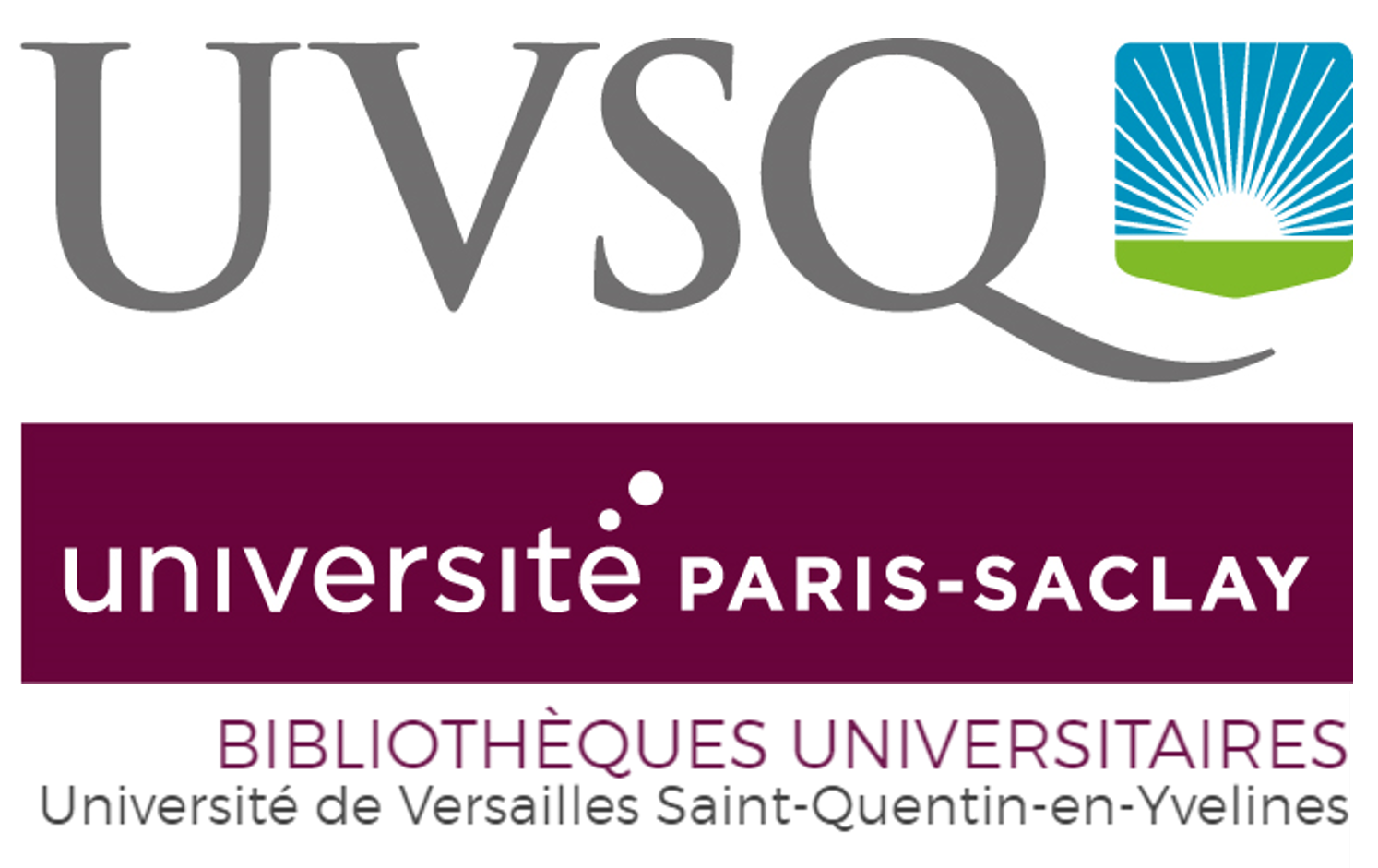The COVID-19 Pandemic and the Higher Education Sector in Africa: A Tragedy for an Awareness of the Sector’s Resilience
Résumé
Despite of enormous efforts since independence to alleviate poverty and improve its people’s quality of life, the African continent continues to face frequent political unrest and has low to moderate economic growth rate, with the exception of few countries now classified as emerging states. For decades, the economic growth of the African continent has been widely dominated by private consumption. Lately, there is a shift and investment becomes now the main contributing sector and human capital is expected to play an important role. In Africa, the contribution of the HEIs sector to the economic growth of the continent is relatively modest and, most of the time, not counted or under-estimated. Because of the very limited capacity of countries, HEIs sector has not given its due importance and is receiving a meaningless part of national budgets. This poor funding allocated to the HEIs sector is considered by many as a proof of how the sector is badly perceived by governments in the continent. The lack of or insufficient funding to the sector impacts negatively its capacity to be competitive and also the capability of its actors to properly play their role, especially in terms of research and academic activities. The shock caused by the COVID-19 pandemic was too important for the sector. Universities were closed and the lockdown lasts for many months during which no activity was performed. The very limited resources they are allocated to were not sufficient even to mitigate partly the impact of the pandemic to the sector. In many countries, distance learning was not possible because most students and teachers were not provided with relevant materials and equipment. Offices were closed and universities administration could not operate from the campus. Internet infrastructure exists but was limited to cover only some places of the campus. In many cases, it became clear that business continuity plans were not in place. The impact of this COVID-19 pandemic is so important, and HEIs sector actors are now wondering if this tragedy could be the starting point of government awareness for HEIs’ resilience building.

